Water is essential for life, and its importance extends far beyond quenching thirst. Regular hydration is a fundamental aspect of maintaining optimal health and well-being. While many people are aware that drinking water is important, few understand the full extent of its benefits. This article delves into the critical role that hydration plays in supporting physical health, mental clarity, and overall vitality.
The Importance of Water in the Body
Water makes up about 60% of the human body and is involved in nearly every bodily function. It helps regulate body temperature, aids in digestion, supports nutrient absorption, and lubricates joints. Proper hydration is essential for maintaining the body's homeostasis and ensuring that all systems function efficiently.
Key Functions of Water in the Body
1. Regulation of Body Temperature: Water helps dissipate heat through sweat and respiration, preventing the body from overheating. This is particularly important during physical activity or in hot environments.
2. Nutrient Transport: Water acts as a solvent, allowing nutrients and oxygen to be transported through the bloodstream to cells and tissues. It also helps remove waste products and toxins from the body.
3. Digestion and Absorption: Water is essential for the breakdown and absorption of nutrients from food. It helps create digestive juices and facilitates the passage of food through the gastrointestinal tract.
4. Joint Lubrication: Water helps cushion and lubricate joints, reducing friction and preventing wear and tear. This is particularly important for maintaining mobility and reducing the risk of joint pain and arthritis.
5. Skin Health: Water helps maintain the skin's elasticity and hydration, reducing the appearance of wrinkles and promoting a healthy complexion. Proper hydration can also help prevent dry, itchy skin and other dermatological issues.
The Impact of Dehydration on Health
Dehydration occurs when the body loses more water than it takes in. Even mild dehydration can have significant effects on physical and mental health. Symptoms of dehydration include fatigue, dizziness, headache, dry mouth, and dark-colored urine. Chronic dehydration can lead to more serious health issues, such as kidney stones, urinary tract infections, and constipation.
Short-Term Effects of Dehydration
1. Fatigue: Dehydration can lead to a decrease in blood volume, making it harder for the heart to pump blood and deliver oxygen to cells. This can result in feelings of fatigue and low energy levels.
2. Headaches and Dizziness: Insufficient water intake can cause blood vessels in the brain to constrict, leading to headaches and dizziness. This is often referred to as a dehydration headache.
3. Reduced Cognitive Function: Dehydration can impair cognitive function, leading to difficulty concentrating, poor memory, and slower reaction times. Studies have shown that even mild dehydration can have a significant impact on mental performance.
Long-Term Effects of Dehydration
1. Kidney Stones: Chronic dehydration can lead to the formation of kidney stones, which are painful and can cause serious health complications if not treated.
2. Urinary Tract Infections: Insufficient water intake can lead to concentrated urine, which provides a favorable environment for bacteria to grow. This can increase the risk of urinary tract infections.
3. Constipation: Water is essential for softening stools and facilitating their passage through the digestive tract. Chronic dehydration can lead to hard stools and constipation, which can be uncomfortable and may lead to other digestive issues.
The Benefits of Regular Hydration
Proper hydration offers numerous benefits for overall health and well-being. By ensuring that the body has enough water, individuals can experience improved physical performance, enhanced mental clarity, and better overall health.
Physical Benefits of Hydration
1. Improved Physical Performance: Staying hydrated is crucial for maintaining peak physical performance. Water helps regulate body temperature, lubricate joints, and transport nutrients to muscles. Proper hydration can help reduce the risk of injury, improve endurance, and enhance overall athletic performance.
2. Enhanced Digestive Health: Water is essential for maintaining healthy digestion. It helps break down food, facilitates the absorption of nutrients, and prevents constipation. Regular hydration can also help reduce the risk of gastrointestinal issues such as acid reflux and irritable bowel syndrome.
3. Healthy Skin: Water helps maintain the skin's elasticity and hydration, reducing the appearance of wrinkles and promoting a healthy complexion. Proper hydration can also help prevent dry, itchy skin and other dermatological issues.
Mental and Emotional Benefits of Hydration
1. Enhanced Cognitive Function: Proper hydration is essential for maintaining optimal brain function. Water helps deliver nutrients to the brain and remove waste products, supporting mental clarity, concentration, and memory. Studies have shown that even mild dehydration can impair cognitive function, leading to difficulty concentrating and slower reaction times.
2. Improved Mood: Dehydration can lead to feelings of fatigue, irritability, and low mood. By staying hydrated, individuals can experience improved mood and reduced symptoms of anxiety and depression. Water also helps regulate the production of neurotransmitters such as serotonin, which plays a crucial role in mood regulation.
3. Reduced Stress: Chronic dehydration can lead to increased levels of stress hormones such as cortisol. By maintaining proper hydration, individuals can help reduce stress levels and promote overall emotional well-being.
Practical Tips for Staying Hydrated
Ensuring adequate hydration is easier than you might think. By incorporating a few simple habits into your daily routine, you can stay properly hydrated and enjoy the numerous benefits it offers.
1. Drink Water Regularly: Aim to drink at least eight 8-ounce glasses of water per day. This is often referred to as the "8x8 rule." However, individual needs may vary based on factors such as age, weight, climate, and physical activity levels.
2. Monitor Urine Color: One of the simplest ways to assess hydration status is by monitoring urine color. Clear or light-colored urine typically indicates adequate hydration, while dark-colored urine may suggest dehydration.
3. Incorporate Hydrating Foods: Many fruits and vegetables have a high water content and can contribute to overall hydration. Examples include watermelon, cucumber, oranges, and strawberries. These foods not only provide hydration but also offer essential vitamins and minerals.
4. Use a Reusable Water Bottle: Carrying a reusable water bottle with you throughout the day can serve as a visual reminder to drink water regularly. Choose a bottle that you enjoy using and that fits easily into your daily routine.
5. Set Reminders: If you struggle to remember to drink water, consider setting reminders on your phone or computer. You can also use apps designed to track water intake and remind you to drink regularly.
6. Limit Dehydrating Beverages: Beverages such as coffee, tea, and alcohol can have a diuretic effect, leading to increased fluid loss. While these beverages can still be enjoyed in moderation, it's important to balance them with adequate water intake.
Regular hydration is a fundamental aspect of maintaining optimal health and well-being. By ensuring that the body has enough water, individuals can experience improved physical performance, enhanced mental clarity, and better overall health. Proper hydration supports nearly every bodily function, from regulating body temperature to aiding digestion and maintaining healthy skin. By incorporating simple habits such as drinking water regularly, monitoring urine color, and incorporating hydrating foods into your diet, you can stay properly hydrated and enjoy the numerous benefits it offers. Remember, staying hydrated is not just about quenching thirst; it's about supporting your body's natural processes and promoting a healthier, more vibrant life.

By Samuel Cooper/Apr 16, 2025

By James Moore/Apr 16, 2025
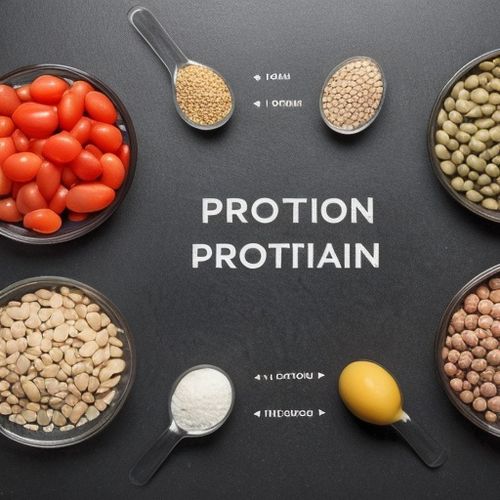
By Sophia Lewis/Apr 16, 2025

By Michael Brown/Apr 16, 2025
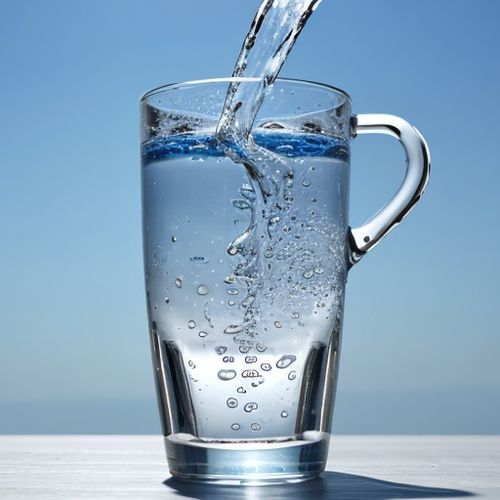
By Christopher Harris/Apr 16, 2025

By Natalie Campbell/Apr 16, 2025

By George Bailey/Apr 16, 2025

By Thomas Roberts/Apr 16, 2025

By Natalie Campbell/Apr 16, 2025
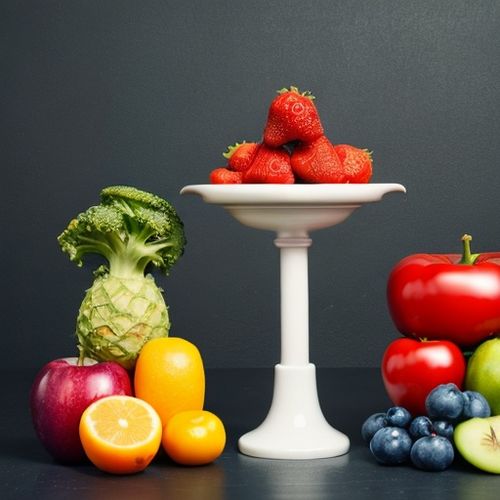
By John Smith/Apr 16, 2025

By Emma Thompson/Apr 15, 2025

By Lily Simpson/Apr 15, 2025

By Noah Bell/Apr 15, 2025

By Victoria Gonzalez/Apr 15, 2025
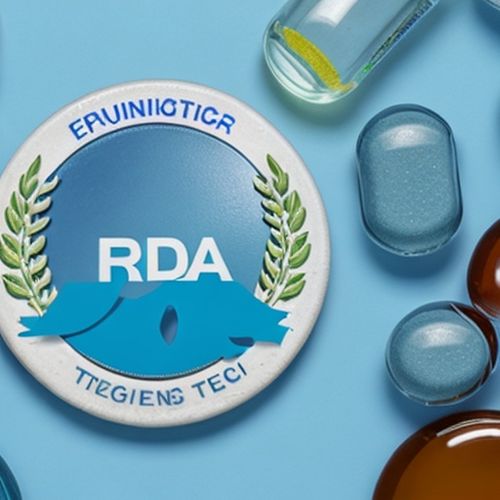
By Benjamin Evans/Apr 15, 2025
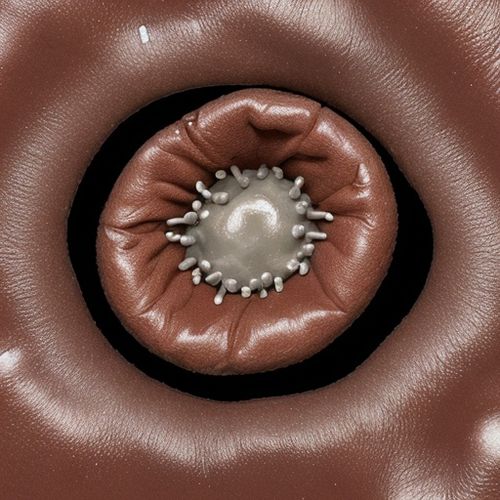
By Joshua Howard/Apr 15, 2025

By Daniel Scott/Apr 15, 2025

By Amanda Phillips/Apr 15, 2025

By James Moore/Apr 15, 2025

By Grace Cox/Apr 15, 2025